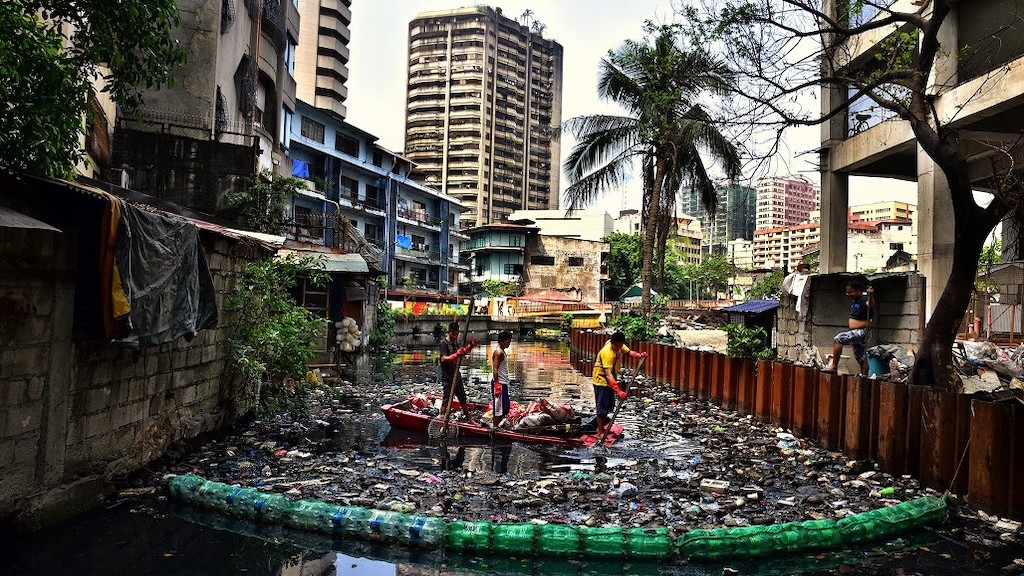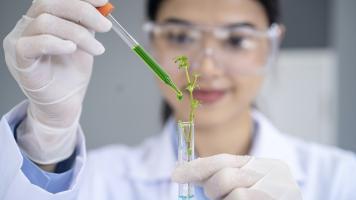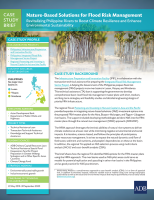
The regional action plan complements existing country actions, such as efforts to clean up and rehabilitate waterways, which lead to the ocean. Photo credit: ADB.
ASEAN has adopted a regional action plan to reduce marine plastic debris.
The Association of Southeast Asian Nations (ASEAN) has adopted a regional action plan to reduce marine plastic debris ahead of World Environment Day on June 5 and World Oceans Day on June 8.
Launched on 28 May, the ASEAN Regional Action Plan for Combating Marine Debris in the ASEAN Member States (2021–2025) provides a scalable, solution-focused joint strategy to tackle plastic pollution. Actions include guidelines for countries to phase out single-use plastics, harmonize policies on recycling and plastics packaging standards, and strengthen regional measurement and monitoring of marine debris. These coordinated measures will also enhance regional platforms for innovation, investments, and training.
Tackling a regional problem
In six of the 10 ASEAN countries alone, more than 31 million tons of plastic waste was generated in a year, says the ASEAN Secretariat. However, it points out that plastic pollution knows no borders as countries share river systems and have connected coastlines. The international trade in plastic products and plastic waste and the recent surge in the use of single-use plastics and personal protective equipment during the COVID-19 crisis have worsened the situation.
Marine plastic pollution threatens human health and livelihoods, particularly in the fishing and tourism industries, says ASEAN Secretary-General Dato Lim Jock Hoi. He says the ASEAN’s action plan supports regional policies and platforms and aligns resources to complement existing country actions.
Building on the Bangkok Declaration on Combating Marine Debris in ASEAN Region and the ASEAN Framework of Action on Marine Debris, the regional action plan supports ASEAN’s commitment to reduce plastic inputs into the environment, enhance collection and minimize leakage, and convert waste into valuable products.
Economic potential of plastic reuse
The plan was developed through extensive consultations with representatives from ASEAN, regional technical experts, and the private sector. Support was also provided by the World Bank Group, through PROBLUE, an umbrella multi-donor trust fund that supports the sustainable and integrated development of marine and coastal resources in healthy oceans.
The World Bank launched a series of studies on the untapped economic potential of plastic circularity in three ASEAN countries: Malaysia, Philippines, and Thailand in March 2021. The studies identified that more than 75% of the material value of plastics, amounting to $6 billion per year, is lost when single-use plastics are discarded rather than recovered and recycled.
This article was first published by BIMP-EAGA on 3 June 2021.

BIMP-EAGA
The Brunei Darussalam–Indonesia–Malaysia–Philippines East ASEAN Growth Area, or BIMP-EAGA, is a cooperation initiative established in 1994 to spur development in remote and less developed areas in the four participating Southeast Asian countries.


